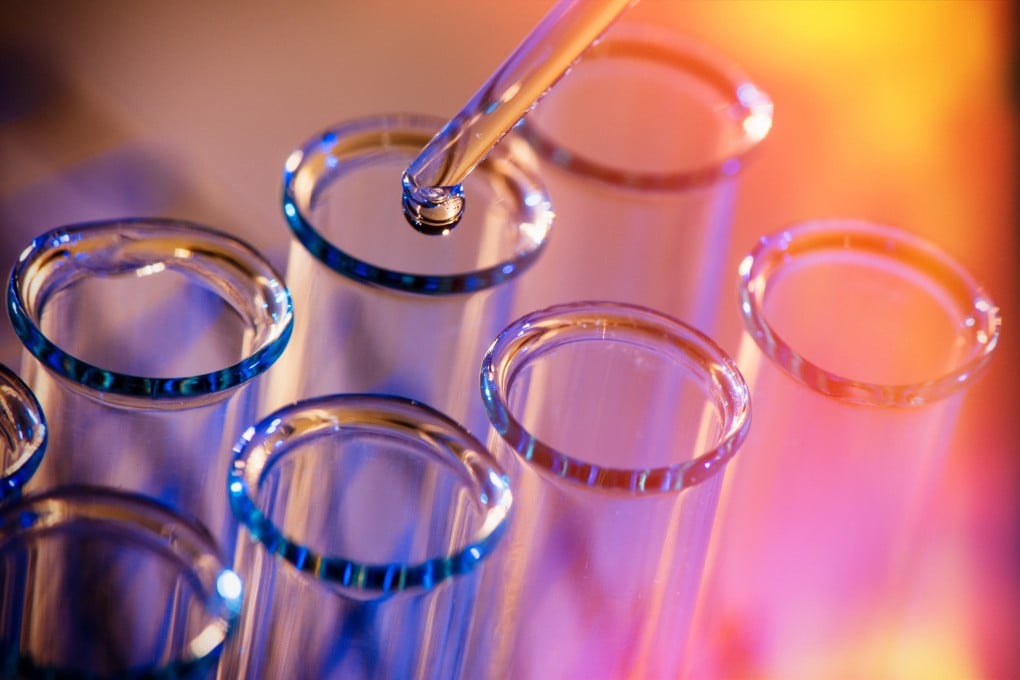Advertisement
Coronavirus: China approves first local neutralising antibody cocktail for high-risk patients
- Brii Biosciences says its therapy shows an 80 per cent reduction in hospital admissions and death in a global phase 3 trial
- HKU molecular virologist sees the therapy as an additional treatment option for China, but says it cannot replace the key role of vaccines
Reading Time:3 minutes
Why you can trust SCMP
14

China’s medical products regulator approved the use of the country’s first locally developed neutralising antibody cocktail therapy for Covid-19 on Wednesday.
Brii Biosciences said its therapy showed an 80 per cent reduction of hospital admissions and death in a global phase 3 trial with 847 non-hospitalised coronavirus patients, adding that no serious adverse events were identified.
The National Medical Products Administration granted approval for the combination of two antibodies to be used for adults who are at high risk of developing severe Covid-19, which could lead to hospital admission or death, and conditional approval for patients aged 12 to 17.
Advertisement
The company said lab testing data suggested that the treatment “retains activity” against major coronavirus variants, including Alpha, Beta and Delta, while tests on the highly mutated strain Omicron were continuing.
It was also seeking emergency use authorisation from the Food and Drug Administration (FDA) in the United States, one of its clinical trial sites. Other trial sites were in Argentina, Brazil, Mexico, South Africa and the Philippines.
Advertisement
Advertisement
Select Voice
Choose your listening speed
Get through articles 2x faster
1.25x
250 WPM
Slow
Average
Fast
1.25x
